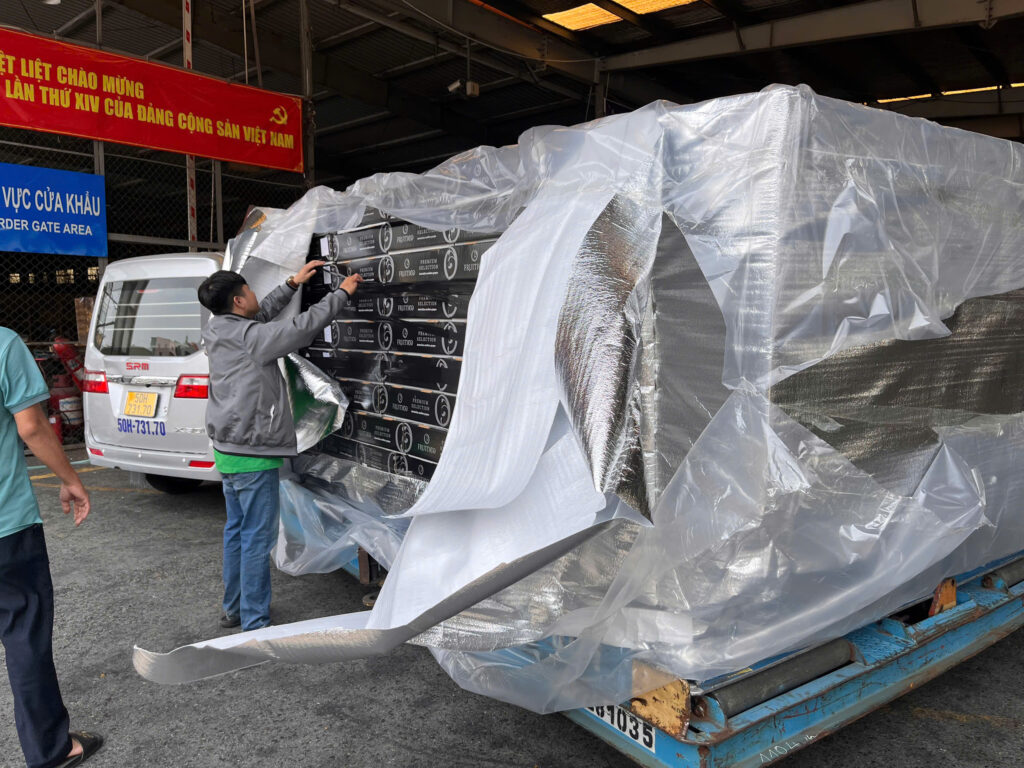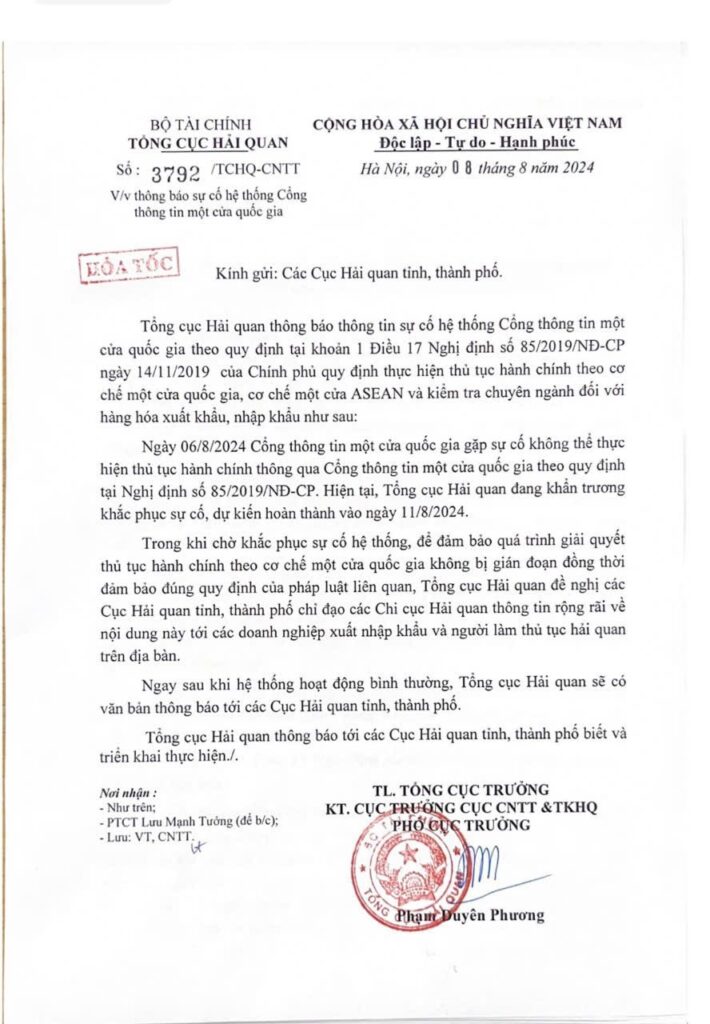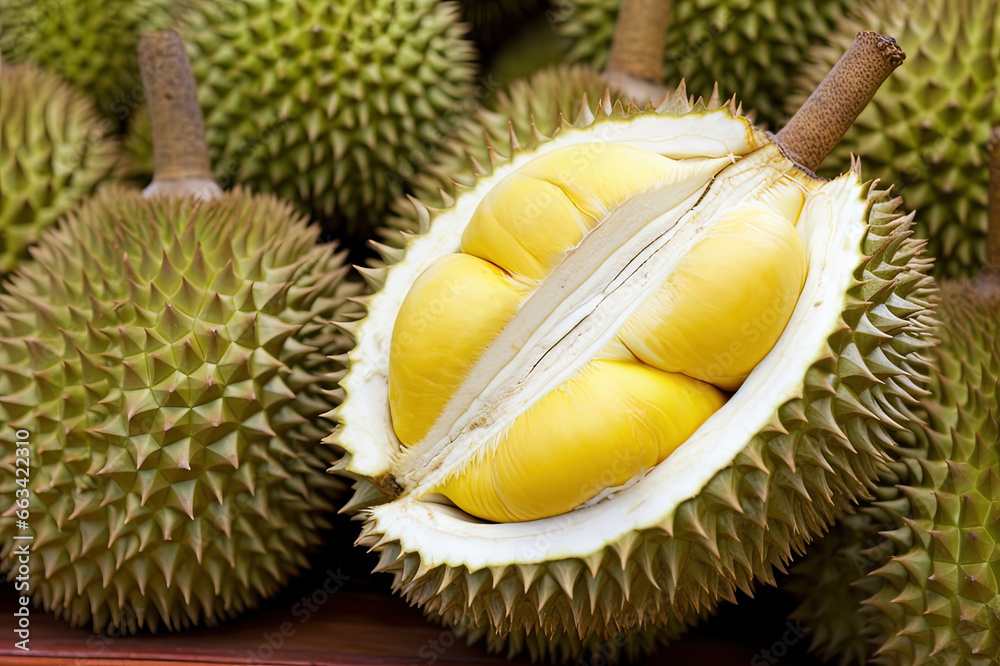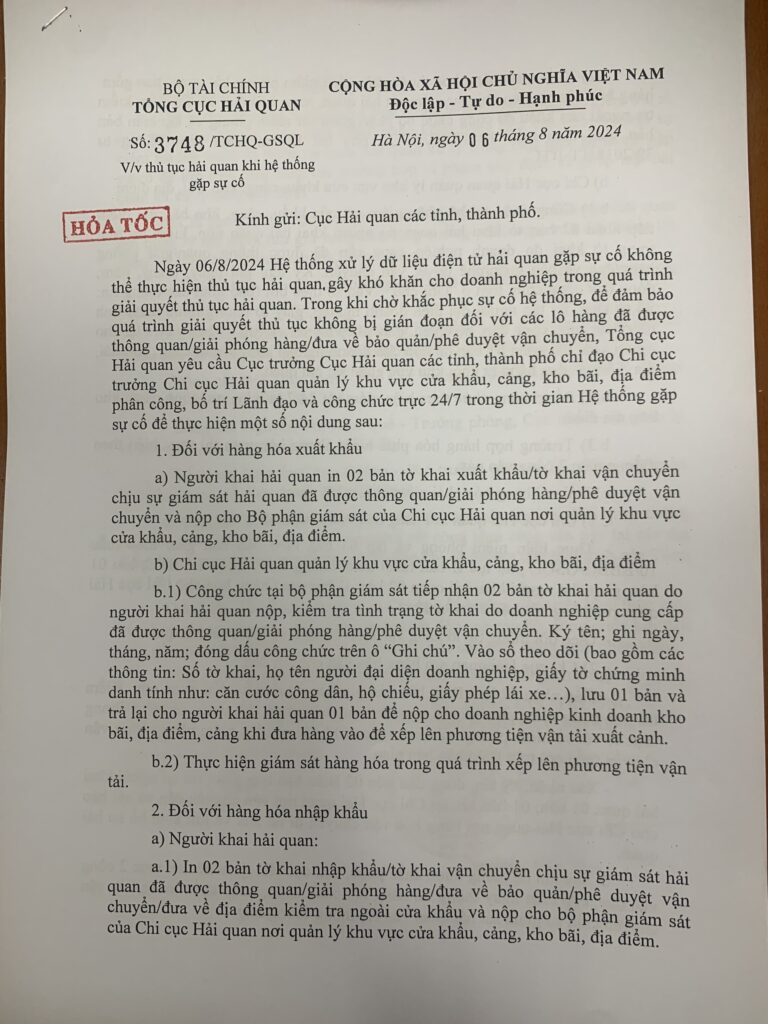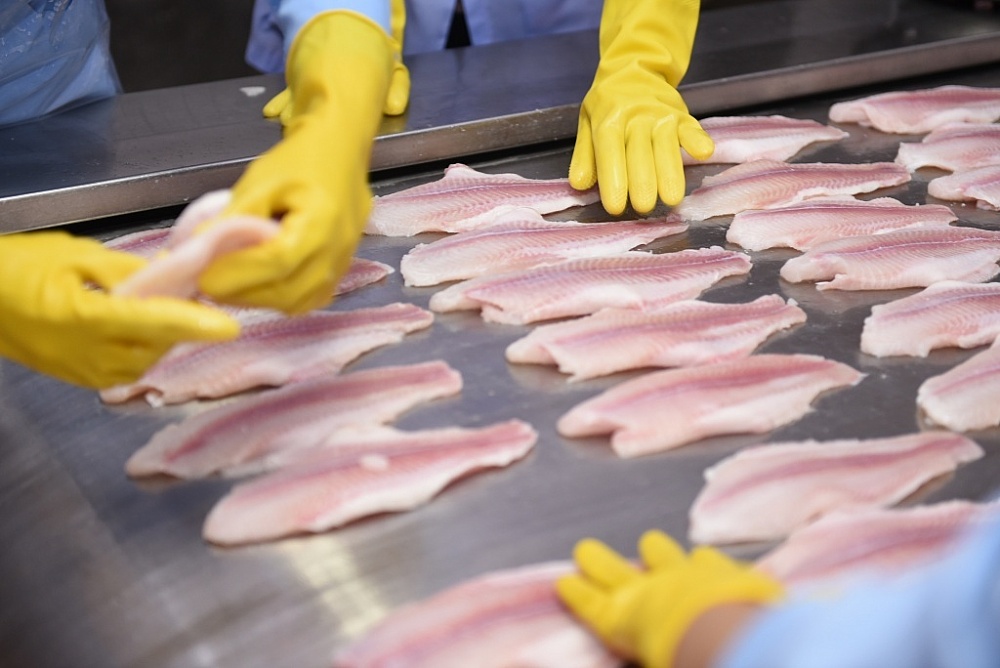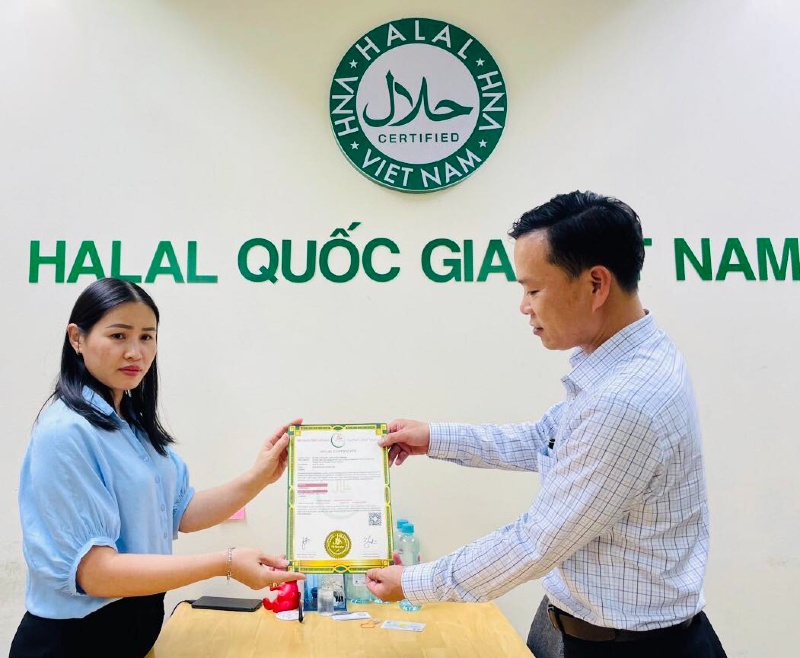|
FOREIGN OFFICE ******* NO: 101/2004/LPQT |
|
Protocol on plant quarantine requirements for rice exports from Vietnam to China between the Ministry of Agriculture and Rural Development of the Socialist Republic of Vietnam and the General Department of Quality Supervision and Testing and the national quarantine of the People's Republic of China took effect from October 7, 2004./.
TL. MINISTER OF FOREIGN AFFAIRS
KT. DIRECTOR OF THE DEPARTMENT OF INTERNATIONAL LAW AND TREATIES
DEPUTY DIRECTOR
Nguyen Hoang Anh
ON PLANT QUARANTINE REQUIREMENTS FOR THE EXPORT OF RICE FROM VIETNAM TO CHINA BETWEEN THE MINISTRY OF AGRICULTURE AND RURAL DEVELOPMENT OF THE SOCIALIST REPUBLIC OF VIETNAM AND THE GENERAL DEPARTMENT OF QUALITY SUPERVISION, TESTING AND QUARANTINE COUNTRY THE PEOPLE'S REPUBLIC OF CHINA
In order to ensure the safety of importing Vietnamese rice into China, prevent pests from entering, and ensure animal and plant health, based on the results of pest risk analysis and the principles of the "Agreement on the application of sanitary and phytosanitary measures” (SPS), Ministry of Agriculture and Rural Development of the Socialist Republic of Vietnam (hereinafter referred to as MARD) and the General Department of Quality Supervision Quality, National Inspection and Quarantine of the People's Republic of China (hereinafter referred to as AQSIQ) after friendly talks have agreed as follows:
Article 1. The Vietnamese side will comply with the requirements of this Protocol for the quarantine of Vietnamese rice exported to China and certify that rice exported to China does not contain plant quarantine objects that the Vietnamese side requires. China concerns such as: Trogoderma granarium, Corcyra cephalonica (alive), Ditylenchus angustus, Striga asiatica and Aphelenchoides nechaleos. Each batch of rice that meets phytosanitary standards will be issued an official Phytosanitary Certificate proving that the batch of rice complies with China's phytosanitary requirements and identifies the specific place of production. .
Article 2. Vietnamese rice exported to China must come from regions and production locations that do not contain Ditylenchus angustus and Aphelenchoides nechaleos species. Production areas and locations free of the two pests mentioned above will be established by MARD in the next three years according to international standard No. 10 and confirmed by AQSIQ.
Article 3. During the planting and storage period, MARD will conduct pest investigation and management, especially plant quarantine subjects that the Chinese side is concerned about. The Plant Protection Department under MARD is responsible for periodically providing the Chinese side with investigation methods and test results. If a new pest appears on rice in Vietnam, the Plant Protection Department of MARD will promptly notify the Department of Import-Export and Food Safety of AQSIQ. The Chinese side expressed concern about the new Red Stripe disease that may appear in Vietnam. In that case, the Plant Protection Department will promptly notify the Department of Import, Export and Food Safety of AQSIQ about the research progress on that disease in Vietnam.
Article 4. Rice exported to China must not carry soil or weed seeds subject to plant quarantine that China is concerned about.
Article 5. Rice exported to China must be fumigated to ensure there are no live insects, especially warehouse pests. Official fumigation certificates will be issued by fumigation companies under the management of the Government. Plant Protection Department under MARD. Before loading, unloading and transporting, containers will be inspected and disinfected to prevent any plant quarantine objects from being imported with rice.
Article 6. When rice arrives at China's import ports, AQSIQ's subordinate agency, the Immigration Inspection and Quarantine (CIQ) agency, will conduct quarantine inspections.
The 7th rule. Based on the information provided by the Plant Protection Department under MARD and the pest prevention status provided by CIQ, AQSIQ will conduct a pest risk analysis again when deemed necessary.
Article 8. The Department of Import-Export and Food Safety of AQSIQ will notify the Plant Protection Department of MARD on quarantine issues on Vietnam's rice exported to China and the phytosanitary measures applied. applied, in accordance with the principles of international standards on plant quarantine measures under the International Plant Protection Convention (IPPC).
Article 9. The two sides will promote and strengthen cooperation between plant quarantine experts of the two countries, exchange technical information in the field of rice inspection and quarantine.
Article 10. The first commercial year is the import trial year, AQSIQ will send 2-3 quarantine officers to Vietnam to conduct investigation and pre-inspection of rice production sites within 15 days. If plant quarantine objects are detected, further surveys will be conducted. Vietnamese exporters will have to bear the costs of the survey (including travel expenses, expenses, meals and accommodation in Vietnam) according to the regulations of the Ministry of Finance of Vietnam. The Plant Protection Department under MARD is responsible for inviting, assisting and arranging schedules.
Article 11. Both sides agree that this Protocol does not hinder or affect the implementation of the laws and regulations of each country.
Article 12. This Protocol takes effect from the date of signing and has a validity period of 3 years. If either party does not propose to amend or terminate this Decree in writing 2 months before the end of the term, this Protocol will automatically be extended for the next 3 years.
This Protocol was signed on October 7, 2004, in three languages: Vietnamese, Chinese and English, all texts having equal validity. In case of different explanations, the English version will be used as the basis./.
|
REPRESENTATIVE OF THE MINISTRY OF AGRICULTURE AND RURAL DEVELOPMENT OF THE SOCIALIST REPUBLIC OF VIETNAM Hua Duc Nhi |
REPRESENTATIVE OF THE GENERAL ADMINISTRATION OF NATIONAL QUALITY SUPERVISION, TESTING AND QUARANTINE OF THE PEOPLE'S REPUBLIC OF CHINA Cat Chi Vinh |

